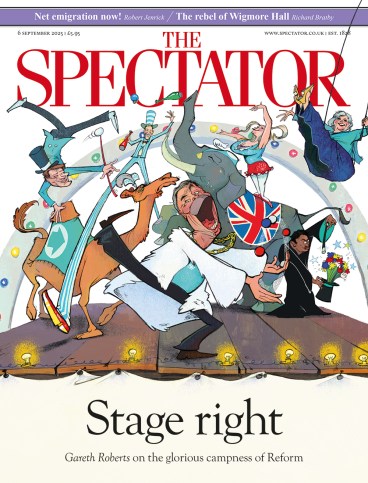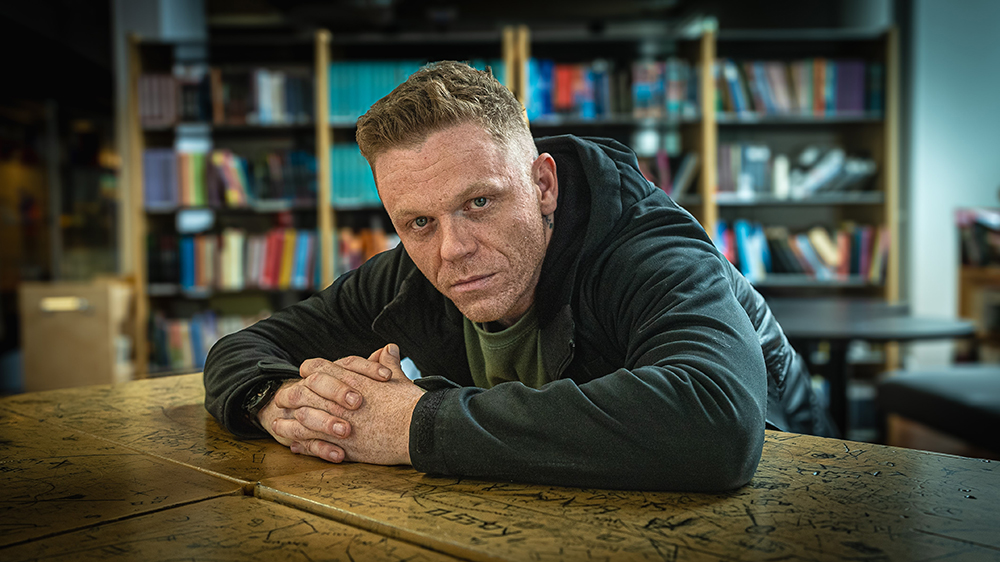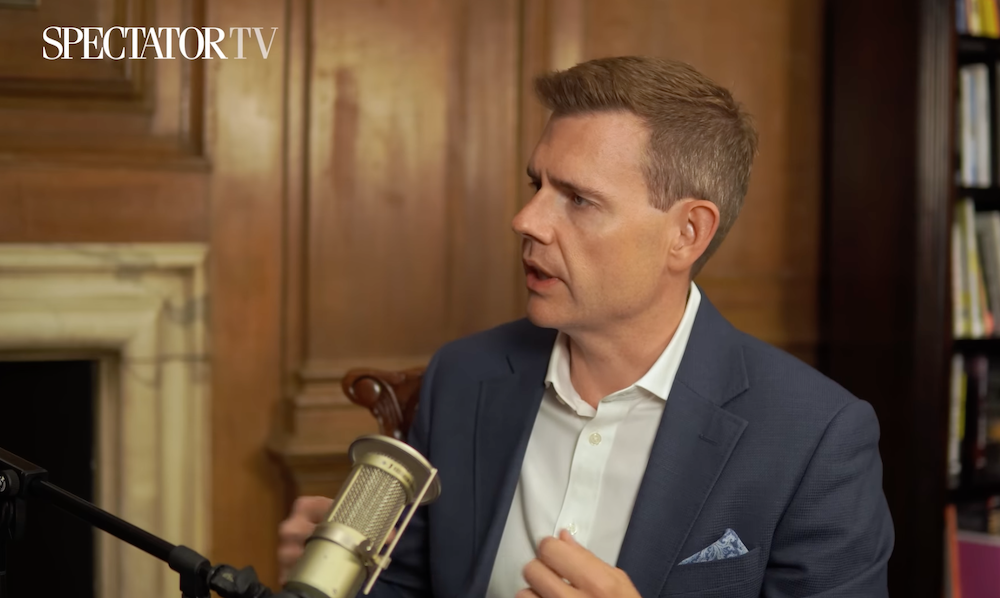
At some point in the past ten years, trauma became a joke in my household. Should any Ditum suffer a minor mishap, the correct reaction is to adopt a wounded expression, bob your head to the side and whimper: ‘My trauma!’ Not because trauma is funny, but because what Darren McGarvey refers to as the ‘trauma industrial complex’ has become so consuming, the only option is to laugh about it.
By ‘trauma industrial complex’, McGarvey means the culture that treats trauma, and those who have been traumatised, as commodities. He’s a good person to write this book because he personally has been commodified in this way. His first book, 2017’s Poverty Safari, detailed his working-class background in Glasgow – a story of alcoholism, addiction, abuse and homelessness. It became a bestseller, won the Orwell Prize and launched him as what he calls a ‘lived experience worker’.
If that coinage sounds a little grisly, I suspect it’s meant to. McGarvey rehashes parts of his biography here, but he now feels much more ambivalent about the telling. That’s partly because, for the past eight years, he’s been relating these stories, ‘stitched together with pointed social observations and my best attempts at political commentary’, both in print and to live audiences. The strange thing is, people only seemed to really want to hear the harrowing bits.
Thanks to his skill as a writer, McGarvey became a media professional, presenting documentaries, appearing on Question Time and addressing conferences. This social mobility has clearly strained his sense of identity. ‘I was now sleeping with the enemy. I was becoming middle class – a fate worse than death for a self-conscious class warrior like me,’ he writes. Yet, while he was being publicly celebrated as a ‘success story’, as someone who had ‘overcome the odds’, he was also spiralling into his old self-destructive habits: abusing prescription painkillers and alcohol until the day the police picked him up from a train station where he was ‘swigging from what was left of my bottle, staring a little too hard at the tracks’.
In his career as a ‘lived experience worker’, McGarvey realises he has been ‘affirmed, validated and applauded until I literally could not function under the weight of my own bullshit’. Trauma dogma says that those who present with it should encounter only warm approval and credulity, but McGarvey has begun to wonder whether this is in fact healthy.
Part of the reason for his new scepticism is that, since first writing about his life, he’s started to question his own account. One of the most vivid and widely quoted incidents in Poverty Safari involved a five-year-old McGarvey being threatened with a knife by his alcoholic mother. It’s a terrifying vignette – but McGarvey is no longer certain that it happened as he recalls it. According to a subsequent conversation with his father (his mother died of cirrhosis of the liver when McGarvey was 17), the whole incident might merely have been a ‘poorly judged and drunken joke’. McGarvey reflects:
If you believe your story is important enough to tell the world, and that doing so will heal you or inspire change, the first thing you might want to do is make absolutely sure that story is true.
I think he is overly harsh on himself here. Even if his child self did misunderstand his mother’s intent, the terror was real, as was the endemic unreliability of a parent who could behave that way. Nonetheless, it’s a bold thing to admit as a writer that you might be wrong about your own founding myth.

If McGarvey can be too robust when it comes to self-criticism, he makes up for it by going easy on everyone else. He doesn’t want to attack the entire concept of trauma, and he believes most participants in the ‘trauma industrial complex’ are ultimately well-intentioned. Consequently, he’s unwilling to identify exactly what he’s attacking: there’s a hazy disjunct between his punchy tone and his kid-gloves handling of the subject.
He’s also reluctant to state one of the more unpalatable truths in this area: trauma is real, but because of the attention incentives to claim it, some of those who have made it their identity are very likely to be vamping it up. McGarvey, to his credit, is more concerned with the way the trauma industrial complex has trapped genuine sufferers like himself into perpetually reliving their distress.
But he’s uncompromising in his message that his own political tribe – the left – needs to end its fetishisation of trauma:
Some would rather tear their previous movement apart from the inside, acting recklessly from their woundedness, than just admit they’ve lost the plot and go to fucking therapy.







Comments